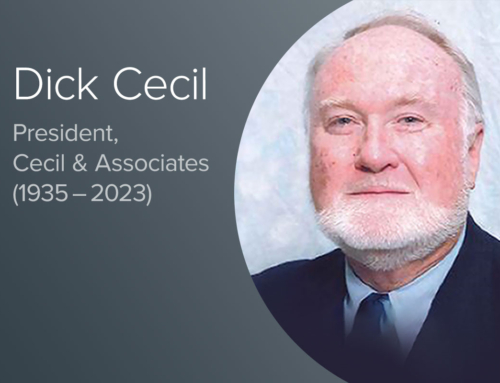We have all felt and heard the manifestation of another’s love language. We express how much we love and value those closest to us in countless ways. But what about that other type of special relationship?
Those we spend either 40+ hours a week working with or on behalf of.
To better reflect the nature of workplace culture, Dr. Gary Chapman adapted his famous book, “The Five Languages of Love” to “The Five Languages of Appreciation in the Workplace.”
It’s important to consider the ways in which those with whom we work closely give and receive appreciation. While at least one person in the office will appreciate the wordless token of appreciation left upon his keyboard that says, “Job well done,” for others that gesture might be met with a blank stare.
Whether you are a senior communications professional leading a team of many or a new grad starting your first job, keeping these nuances in mind will help cultivate relationships.
Here’s what these “languages” might look like at work:
Words of affirmation
Not everyone needs verbal reassurance from his boss that his work is amazing. Some of us just know we’re awesome, right?! But that doesn’t mean others don’t need to be thanked. This applies to client partnerships, too. Pay attention to details. Does Suzy two cubicles down go out of her way to congratulate your effort? Spoiler alert: She probably wants to hear that from you, too.
Acts of service
For some, a “Hey, great presentation last night” will suffice. Others need you to show them; words mean nothing to them. Take time to ask if they need assistance with an important project they’ve been tasked with. Any attempt to help lighten their load will show this type that you value their place on the team.
Receiving gifts
We aren’t talking extravagance, here. Keep it simple. Do you know your cubicle mate also is obsessed with Diet Coke? Grab them one on your commute. Offer to get java George’s coffee order. For co-workers who speak this language, this small-but-meaningful show of appreciation can make a big difference.
Quality time
This language isn’t as straightforward. It could mean simply stopping by a colleague’s desk to chat about the show you both are obsessed with or asking them if they would like to join you for happy hour. Some who speak this language don’t crave that one-on-one time but would rather spend time with the whole team. Observe the impact of your gesture.
Physical touch
Some people don’t want a pat on the back or fist bump, but many people crave warmth. Don’t be scared to speak that language to those who do need those small gestures.
While it’s true that happiness isn’t so measurable, it’s certainly an important key performance indicator of the overall vitality of an organization — and a game of strategy of sorts. What works for one won’t be the best approach for the next. But feeling appreciated at work is critical for employees. If you pay enough attention, they will often reveal what they need the most.








